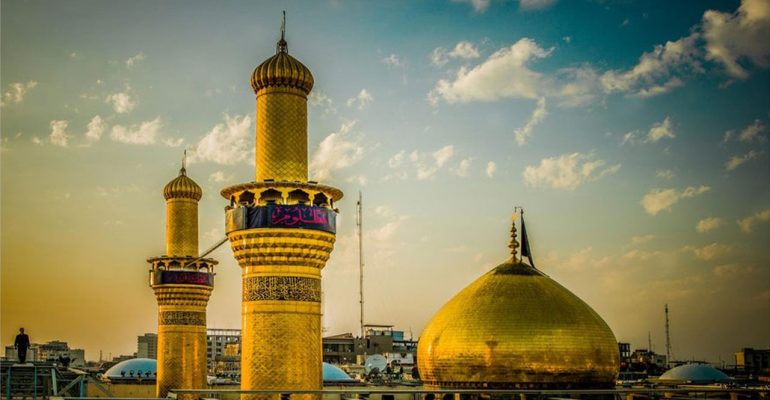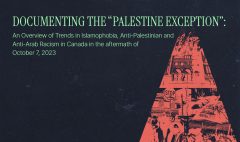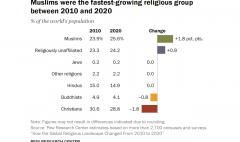Report: The Proliferation of Religious Art and the Degradation of the Image’s Power
October 7, 2020 2023-06-20 8:09Report: The Proliferation of Religious Art and the Degradation of the Image’s Power

Report: The Proliferation of Religious Art and the Degradation of the Image’s Power
Walter Benjamin argued that in an age of mass technology the increased reproducibility of art objects would degrade their ‘authenticity’ and ‘aura’. In the Shia community of Sydney, photographs and moving images proliferate alongside the popularity of pilgrimage or ziarat to the holy sites of Karbala and Najaf in Iraq. Pilgrims from Australia return to share selfies and group shots on Facebook. Huge reproductions of the shrines adorn the walls of Sydney’s Islamic Centers. But does increased access to the production, distribution, and consumption of photography decrease the aura of these images?
I examine this question through the work of Tom Toby, a Sydney artist whose photography has traced the ziarat for a number of years, and whose work has been widely distributed in the Shia community. In this presentation I show how practices of ziarat involve liturgical and ethical practices that break the rules of Copernican space, enabling complex modes of interaction with the sublime across ‘distance’. Paralleling and augmenting these practices, Tom’s photography inhabits a similarly complex approach to space. I show how modes of photographic production and distribution used by Tom, as well as the form and technique of his work, offer an additional long-distance means for the Shia of Sydney to aesthetically and ethically participate in the sublime.








